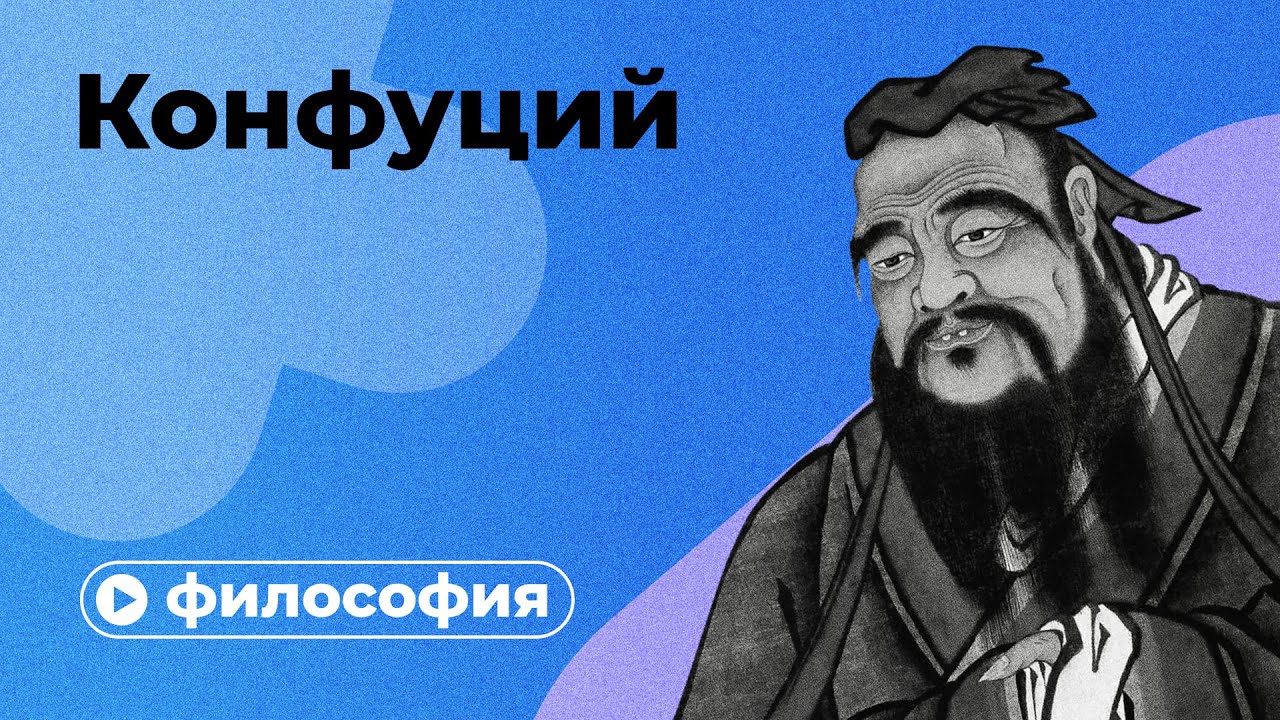What is Confucianism?
Summary
TLDRConfucianism, founded by Confucius, is one of the most influential philosophies in ancient China. It emphasizes the cultivation of moral virtues such as humanity (ren) and righteousness (yi), aiming to shape individuals into 'junzi' or superior people. Confucianism is not an organized religion but an all-encompassing ethical and political ideology that has profoundly shaped Chinese culture and East Asian societies. Its core belief is that human nature is inherently good, and through education and self-cultivation, individuals can develop moral virtues and extend these virtues to others, fostering social responsibility and ethical relationships.
Takeaways
- 📜 Confucianism is a deeply influential philosophy and belief system in ancient China, foundational to Chinese culture.
- 👨🏫 Confucianism was founded by Confucius, whose name is a Latinized form of the Chinese title Kung Futsu, meaning 'Master Kong.'
- ⚖️ Confucius did not intend to create a new religion but aimed to revive and interpret the ethical system of the Zhou dynasty.
- 🌀 Scholars debate whether Confucianism is a philosophy, religion, political ideology, or social ethic due to its broad scope.
- 👥 Confucianism focuses on ancestor reverence and human-centered religiousness, emphasizing social relationships and moral conduct.
- 🌏 Confucianism spread to East Asian countries and profoundly influenced spiritual, political, and social life in the region.
- 🌱 At its core, Confucianism teaches that humans are inherently good, and education is crucial to cultivating and developing virtues.
- 🧠 The philosophy's ultimate goal is to create a 'junzi,' or superior person, who embodies the virtues of ren (humanity) and yi (righteousness).
- 💖 Ren is the most important Confucian virtue, embodying love for others, compassion, and moral goodness.
- 👨🎓 Confucius emphasized self-cultivation, believing that personal growth and moral education extend outward to benefit society and build ethical bonds.
Q & A
What is Confucianism and its origin?
-Confucianism is one of the most influential philosophies and belief systems in ancient China, founded by Confucius, also known as Master Kong. It laid the foundation for much of Chinese culture.
Did Confucius intend to create a new religion?
-No, Confucius did not intend to found a new religion. His aim was to interpret and revive the unnamed religion of the Zhou Dynasty, which many believed had become ineffective.
How do scholars differ in defining Confucianism?
-Scholars debate whether Confucianism is a philosophy, religion, or something else. Some view it as a social ethic, others as a political ideology, and some as a philosophy or religion.
How did Confucianism influence other countries in East Asia?
-Confucianism spread to other East Asian countries through Chinese literate culture and had a profound influence on their spiritual and political life, as well as on their government, society, education, and family structure.
What is the core belief of Confucius regarding human nature?
-Confucius believed that human nature is inherently good. He taught that humanity, justice, and wisdom are within a person's nature, and external influences may lead people to do evil.
What role does education play in Confucianism?
-Education and self-cultivation are central in Confucianism. Confucius emphasized that virtues can be developed through learning, which helps individuals overcome evil and grow morally.
What are 'ren' and 'yi' in Confucian teachings?
-Ren represents humanity, compassion, and benevolence, considered the highest virtue. Yi stands for righteousness and justice. Together, they are crucial aspects of Confucius' ideal moral person, the 'junzi' or superior man.
What is the ultimate goal of Confucianism?
-The ultimate goal of Confucianism is the realization of 'junzi,' or a superior person, characterized by virtues like ren (humanity) and yi (righteousness).
How does Confucianism view self-cultivation?
-Self-cultivation is about developing moral virtues within oneself and extending them to others. Confucianism stresses that personal growth is intertwined with relationships and ethical bonds within society.
What is the purpose of learning in Confucianism?
-In Confucianism, the purpose of learning is twofold: to cultivate moral virtues and become an upright person, and to apply this knowledge in serving the people and the state.
Outlines

This section is available to paid users only. Please upgrade to access this part.
Upgrade NowMindmap

This section is available to paid users only. Please upgrade to access this part.
Upgrade NowKeywords

This section is available to paid users only. Please upgrade to access this part.
Upgrade NowHighlights

This section is available to paid users only. Please upgrade to access this part.
Upgrade NowTranscripts

This section is available to paid users only. Please upgrade to access this part.
Upgrade NowBrowse More Related Video

Confucianism - Evolution and Spread to Vietnam, Korea & Japan - Hundred Schools of Thought

WHO WAS CONFUCIUS?

Философия Конфуция за 10 минут

Sejarah Tiongkok: Dari Peradaban Kuno hingga Modern

"Tarumanagara" Masa Kejayaan Nya, Oleh Raja Purnawarman. Raja yang Berwibawa,Bijak,Baik,Disukai

Book Sign-Up Video Confucianism
5.0 / 5 (0 votes)